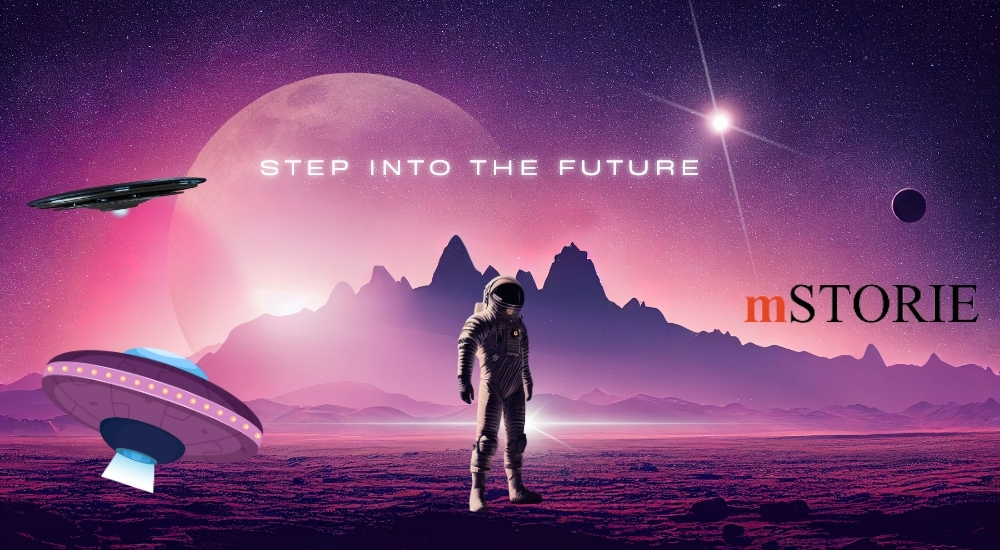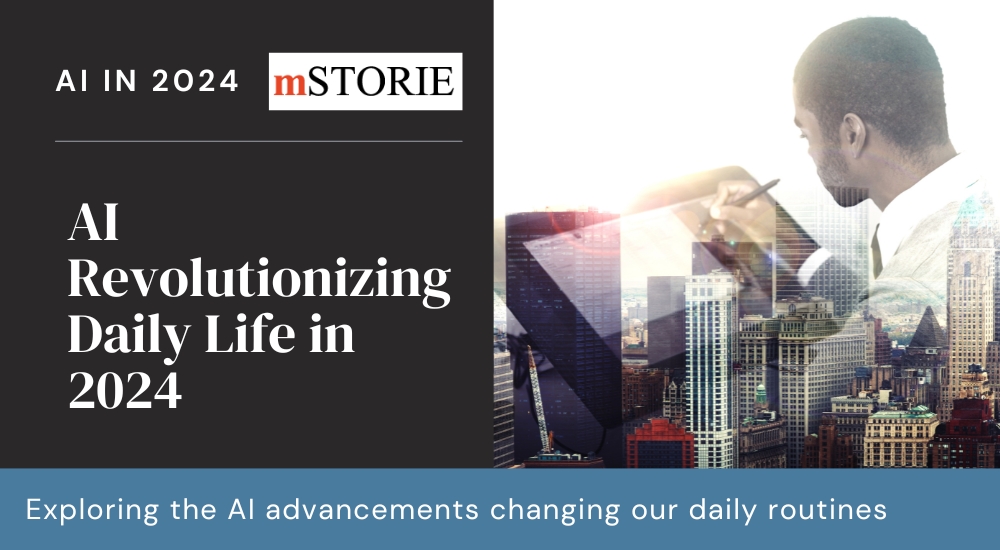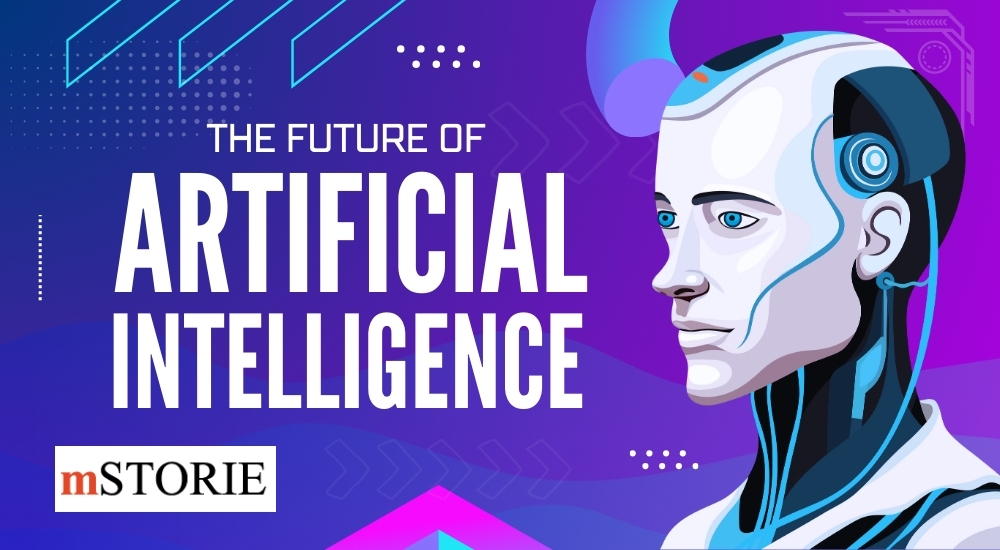As advancements in longevity science continue to progress the possibility of people living beyond 100 years or even up to 150 seems really close to reality. The breakthroughs in biotechnology genetics and medicine have truly shifted the conversion from merely extending life to improving the quality of those extra years. But are we truly prepared for such a monumental shift in human lifespan?
The science behind longevity
Longevity research has truly moved beyond just addressing age-related diseases to tackling ageing itself. The Experts are investigating different approaches to extend human life like cellular resignation genetical manipulation and therapies which are aimed at slowing or just reversing aging.
One key area of research focuses on the process by which cells age and lose their ability to divide. Cellular senescence is linked to many age-related diseases. Experts are developing drugs designed to target and remove these cells from your body. This could potentially delay the onset of diseases like Alzheimer’s and cardiovascular conditions allowing you to live healthier lives well into your later years. Another area involves understanding the role of telomeres the protective caps at the ends of your chromosomes that shorten as cells divide. When telomeres become too short cells can no longer replicate properly which leads to aging. Some experts believe that by preserving or extending the telomere length the aging process can be greatly delayed.
The role of technology and AI
Artificial intelligence and machine learning are playing a very important role in the quest for longevity. The technology is helping to analyze huge amount of data on human health and aging allowing experts to make fast breakthroughs. AI especially is useful in drug discovery helping you identify compounds that could slow the aging process or mitigate the age-related issues.
Wearable technology and health monitoring devices also offer the potential to track aging biomarkers in real time giving you the tools to take preventive action long before the disease manifest through customized health data you can also tailor your diet exercise routines and medication routine to improve your chance of living a longer healthier life.
The ethics of longevity
Just like with any major scientific advancement the ethical applications or implications of increasing the human lifespan must be considered. As you are prepared for a world where living to 150 is the norm what would be social economic and environmental impact stop one concern is the potential strain on resources. Or population with a major number of people living past 100 could even worsen issues like housing shortages or healthcare expenses. The retirement age would likely need to be adjusted, and younger generations could face increased competition in the job market from older individuals who remain active in their careers for decades longer than expected.
So above all you need to know that the quest to extend the human lifespan is one of the most exciting and impactful areas of modern science despite all the challenges. With ongoing research, we might one day reach a point where living to 150 is not just possible but also commonplace. But longevity science to reach its full potential it’s important to address the ethical social environmental concerns that come with extended lifespan.
To read more articles, please visit our website https://www.mstorie.com/



















